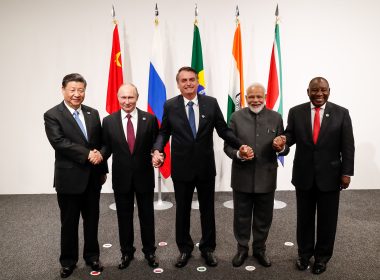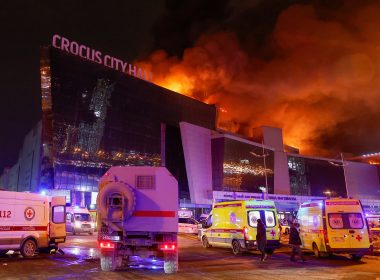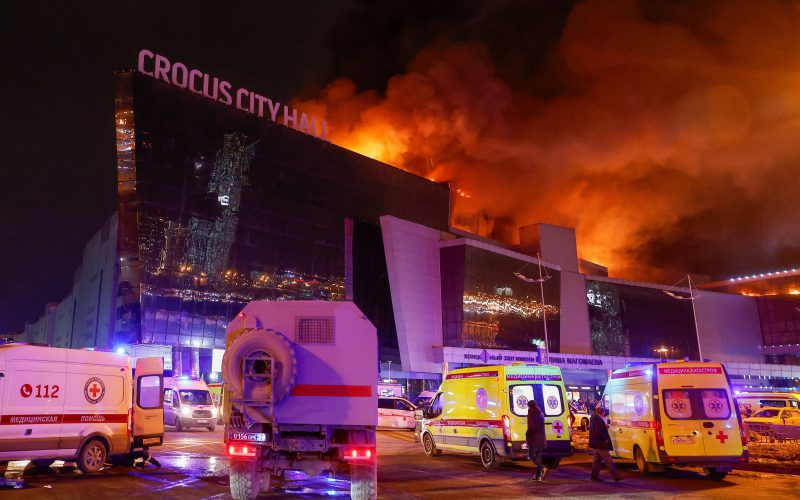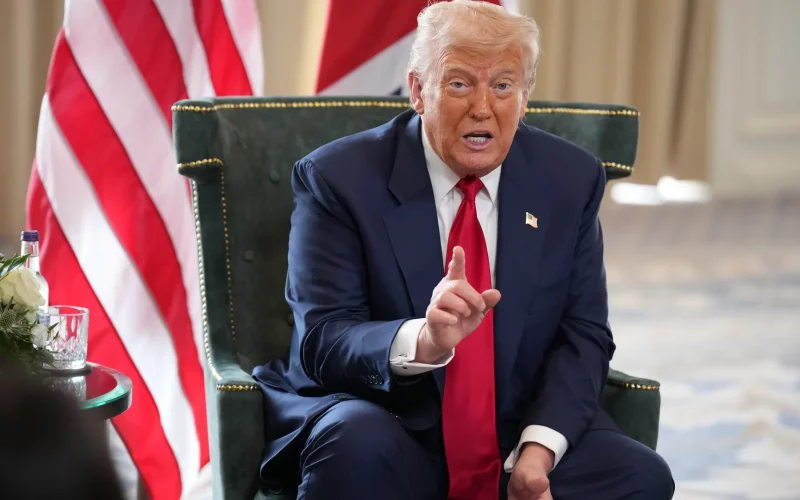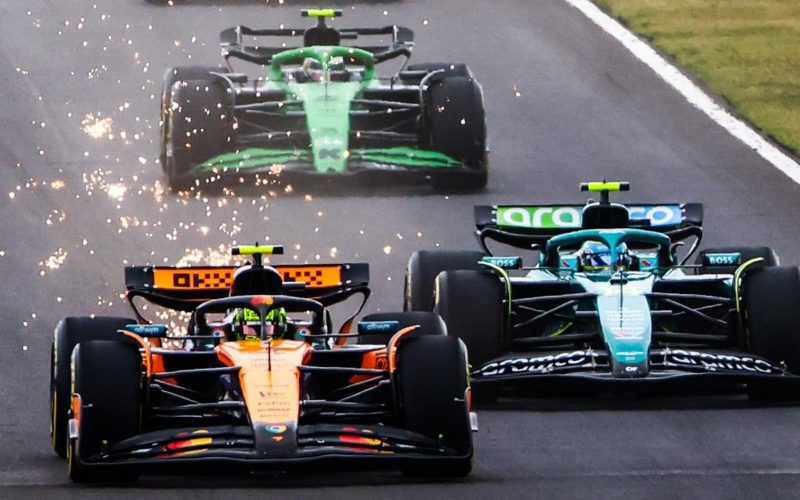One of the Deadliest Attacks in Modern Russian History
The trial has begun for 19 individuals accused of involvement in the deadly March 2024 terrorist attack at Moscow’s Crocus City Hall, which left 149 people dead and over 600 injured. The shooting and arson attack was one of the deadliest assaults in Russia since the violent era of the Chechen wars in the 1990s and 2000s.
On Monday, the suspects appeared in court under tight security. Inside the courtroom, the accused men sat in a cage with their heads bowed, offering no visible reaction to the proceedings.

ISIS Affiliate Claimed Responsibility
The extremist group ISIL (ISIS) quickly claimed responsibility for the massacre, identifying the attackers as members of ISIS-K (Islamic State Khorasan Province), the group’s Afghanistan-based affiliate.
The brutal assault unfolded as concertgoers gathered for a rock performance, with four gunmen opening fire on the crowd before setting the venue ablaze. Graphic footage from the scene showed panicked victims, flames engulfing the building, and emergency workers struggling to rescue survivors.
Russia Blames Ukraine — Without Providing Evidence
Despite the ISIS claim, Russian President Vladimir Putin and top officials have insisted — without offering public evidence — that Ukraine was behind the attack. The Kremlin claims the operation was orchestrated by Ukrainian leadership to destabilize Russia.
Ukraine has strongly denied any involvement, calling the accusations baseless and politically motivated.
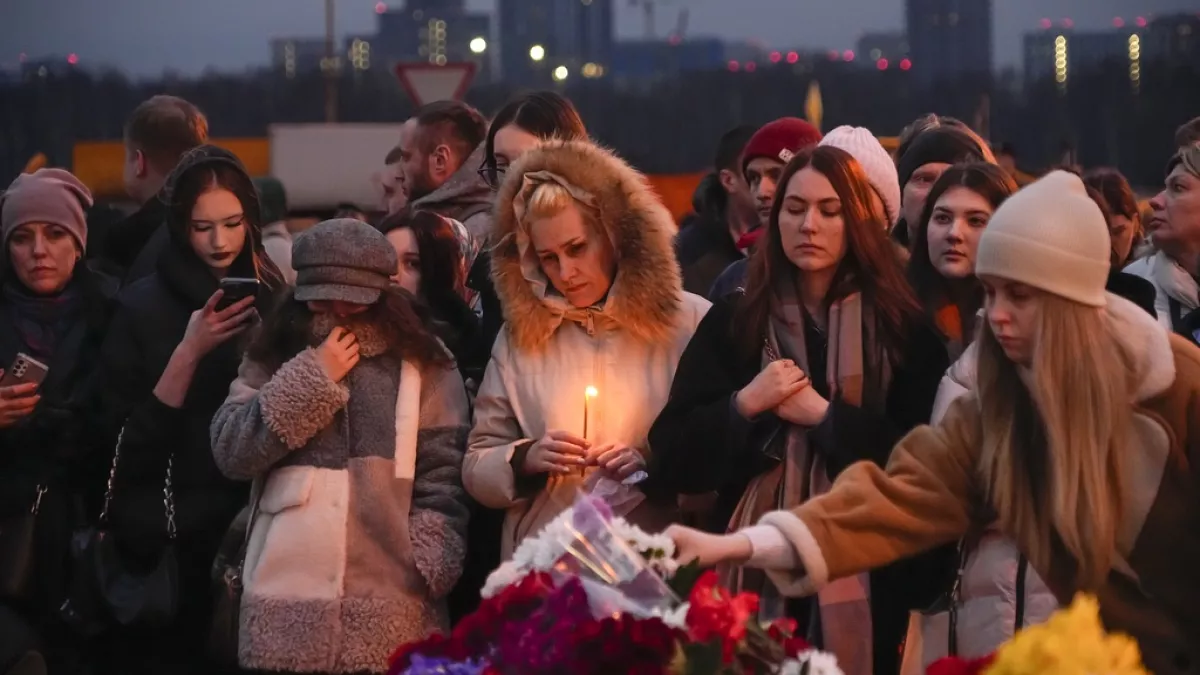
Investigators Claim Link to Ukraine
In June, Russia’s Investigative Committee, the country’s top criminal investigation body issued a report. Asserting that the concert hall attack had been “planned“. The report further claimed that the attackers attempted to flee toward the Ukrainian border before being captured.
The four alleged gunmen, all reportedly citizens of Tajikistan, were arrested within hours of the massacre. They appeared in court days later, showing visible signs of beating and possible torture, sparking human rights concerns.

What’s Next in the Trial?
As the legal process begins, analysts suggest the trial may serve both judicial and political purposes. Potentially reinforcing the Kremlin’s narrative linking Ukraine to acts of terror.
Meanwhile, international observers continue to question the validity of Russia’s claims. Especially given that ISIS-K has a documented history of attacks across the region, including in Russia, Afghanistan, Iran, and Pakistan.


